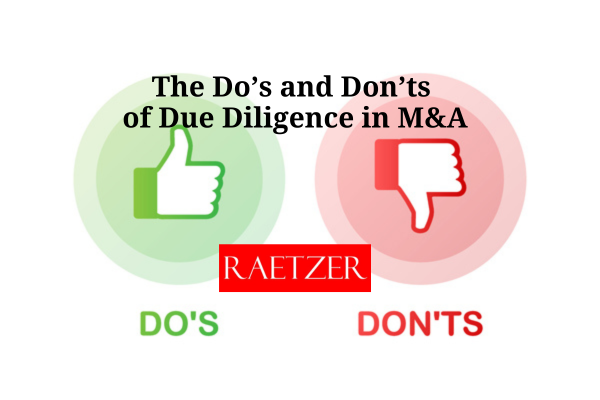When buying or selling a small business, an asset purchase agreement (“APA”) typically governs the transfer of business assets from seller to buyer. While having a lawyer draft and negotiate the APA is highly recommended, understanding its basics is useful for both sellers and purchasers.
What is an Asset Purchase Agreement?
An asset purchase agreement is a legal document that outlines the terms under which a business’s assets will transfer from the seller to the buyer. Rather than acquiring the entire company entity, the buyer purchases the assets that make up the business—such as furniture, equipment, customer contracts, location leases, trademarks and digital assets.
In many cases, the APA is signed initially, with a waiting period before the actual transaction, or “Closing,” occurs. This delay allows both parties to finalize preparations, such as financing or regulatory approvals.
Who Drafts the Asset Purchase Agreement?
Typically, the buyer’s attorney drafts the APA, often based on a preliminary term sheet that outlines the core terms of the purchase. Regardless of who controls the drafting parties, an APA is heavily negotiated by all parties to ensure a meeting of the minds occurs and all expectations are succinctly set forth.
Key Parties in an Asset Purchase Agreement
The buyer and seller are the primary parties in an APA, and they are often business entities such as corporations or LLCs. In some cases, to add security, the owner or shareholders of the selling entity may also be included as parties in the agreement, ensuring that in the event of a breach, there are additional sources of accountability.
Key Components of an Asset Purchase Agreement
An APA generally includes provisions under major headings, which outline:
- Description of Assets Being Sold
Specify which assets are included and excluded in the sale. For example, small business transactions may exclude cash on hand or seller’s bank accounts. The agreement should also clarify if the buyer will assume any liabilities tied to specific contracts or other business obligations or pending lawsuits. - Purchase Price and Payment Terms
This section details the total purchase price and payment method. Often, the buyer makes a partial payment at closing, with remaining amounts paid in installments. For installment payments, a promissory note and security agreement (referenced in the APA) are typically signed at closing, providing a guarantee in case of buyer default. - Pre-Closing and Post-Closing Obligations
Both parties usually agree to fulfill specific duties before and after closing. For example, the seller agrees to operate the business as usual until the transaction is complete, avoiding any “material adverse events.” The APA might also outline post-closing obligations, such as the seller’s consulting role to facilitate a smooth transition. - Representations, Warranties, and Indemnification
Representations and warranties (reps and warranties) by each party offer protections against potential liabilities. While asset purchases generally don’t transfer liabilities to the buyer, some exceptions exist, particularly if the business continues operating similarly. Indemnification clauses can obligate the seller to cover losses from any breach of the APA, with terms often negotiated to define limits and scope of indemnification. - Closing Procedures
The APA outlines “conditions to closing,” such as requiring landlord approval for lease transfer or shareholder consent in multi-owner corporations. The closing process also specifies what each party provides—such as the seller’s transfer of property access, digital passwords, and signed documents, and the buyer’s payment of the purchase price. - Termination Rights
Provisions in the APA address what happens if closing conditions cannot be met, such as a landlord’s refusal to transfer a lease, allowing the seller or buyer to withdraw from the deal.
Working With a Contract Lawyer and Business Consultant
Understanding the APA’s terms is essential for protecting business interests in a sale, but legal expertise and sound business consultation is key to ensuring all details are correctly addressed.




